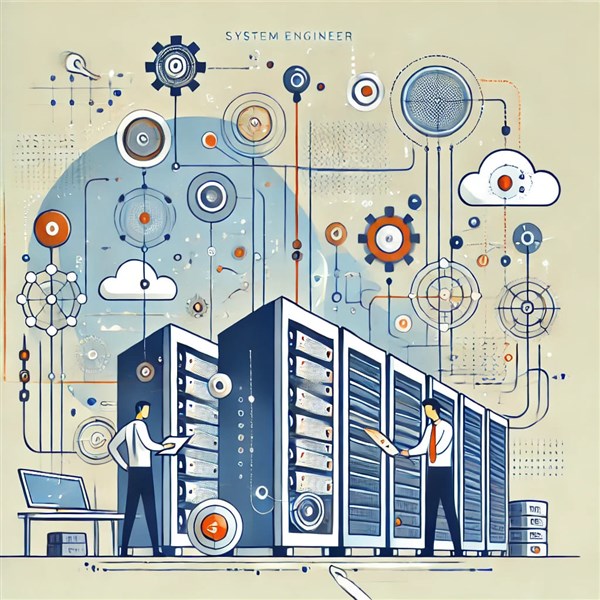Unable to find what you're searching for?
We're here to help you find it
As the digital ecosystem expands, the role of a Systems Engineer has become more critical than ever. From managing complex IT infrastructure and ensuring seamless system integration to troubleshooting issues across networks and cloud environments—systems engineers sit at the core of modern IT operations.
But how do you become proficient in these complex environments? The answer lies in structured system engineer training programs.
These programs equip aspiring and current engineers with the technical, analytical, and soft skills required to handle real-world challenges in IT, DevOps, cloud computing, and cybersecurity.
In this blog, we’ll explore the 10 must-have skills you’ll gain through a comprehensive system engineer training program and why each is vital for long-term career success.
One of the first things you’ll learn is how to analyze and design complex systems from a holistic perspective. This includes understanding how hardware, software, networking, and security components interact within an IT environment.
You'll develop the ability to:
This foundational thinking is crucial for building efficient and resilient systems in large-scale enterprises.
System engineers must be fluent in administering and troubleshooting operating systems.
Training programs teach you:
With many organizations using both Windows and Linux, mastering these platforms is non-negotiable.
A system doesn’t work in isolation. Training helps you understand:
You’ll also learn how systems communicate internally and externally, a key requirement for roles involving network troubleshooting, hybrid cloud, or security.
Modern system engineers are expected to manage both on-premise and cloud-based systems. Training introduces you to:
This knowledge is essential as more organizations shift to cloud-first or hybrid strategies.
System engineers frequently use scripting for automation, especially in DevOps and cloud environments. Training covers:
Automation saves time, reduces human error, and makes IT operations more scalable.
With cyber threats on the rise, security is no longer optional. Training teaches:
You’ll learn how to proactively secure infrastructure, detect intrusions, and respond to incidents—skills increasingly sought after in every industry.
When things go wrong (and they will), systems engineers must know how to diagnose and fix problems fast. Training programs guide you through:
These skills help maintain uptime, reliability, and user satisfaction.
Systems are constantly evolving, and managing those changes systematically is key. Training covers:
These practices reduce downtime and allow for repeatable, auditable changes to your systems.
Systems engineers are often the glue between developers, network teams, and security specialists. Training helps you:
The ability to make different technologies work together is critical in complex, enterprise environments.
Technical expertise alone isn't enough. System engineer training also focuses on:
These soft skills enable you to work effectively across departments and contribute to larger organizational goals.
When it comes to getting the right training, it's important to choose a provider with a proven track record. Koenig Solutions is a leading IT training company, offering a range of certification courses in top technology areas. With Koenig Solutions, you can be confident of receiving high-quality training that equips you with the skills you need to excel as a system engineer.

Aarav Goel has top education industry knowledge with 4 years of experience. Being a passionate blogger also does blogging on the technology niche.










